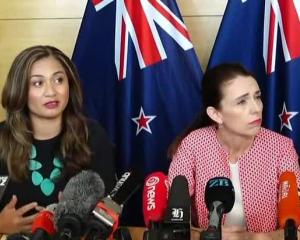
Special votes will likely make New Zealand's tight election tighter, with the likelihood the Green Party and Labour will take seats off National.
What are special votes?
Special votes include overseas votes, postal votes for people both in New Zealand and abroad who could not make it to a polling booth, and dictation votes, which are available to people with disabilities.
This election, they also include advance voters who enrolled as they voted in the two weeks before election day on September 23.
How many special votes are there?
The Electoral Commission is predicting 384,072 (15% of total votes) specials this election. This includes an estimated 61,375 overseas and dictation votes.
This is up from just over 293,130 (12.2% of total votes) last time, which included an estimated 38,500 overseas votes.
When will special votes be counted?
The Electoral Commission's target to release the official results, which include specials, of the general election is 2pm on Saturday, October 7.
Who do special votes favour?
The Green Party has always done well out of specials. Last election they gained a seat and .608% of a percentage point, while the National Party lost a seat and 1.02% of the vote. Labour gained .44%.
How could special votes change the make-up of Parliament this time?
Going on past trends, National could lose a seat and the Greens gain one. But higher than usual special votes mean there could be a larger shift to the left this time.












